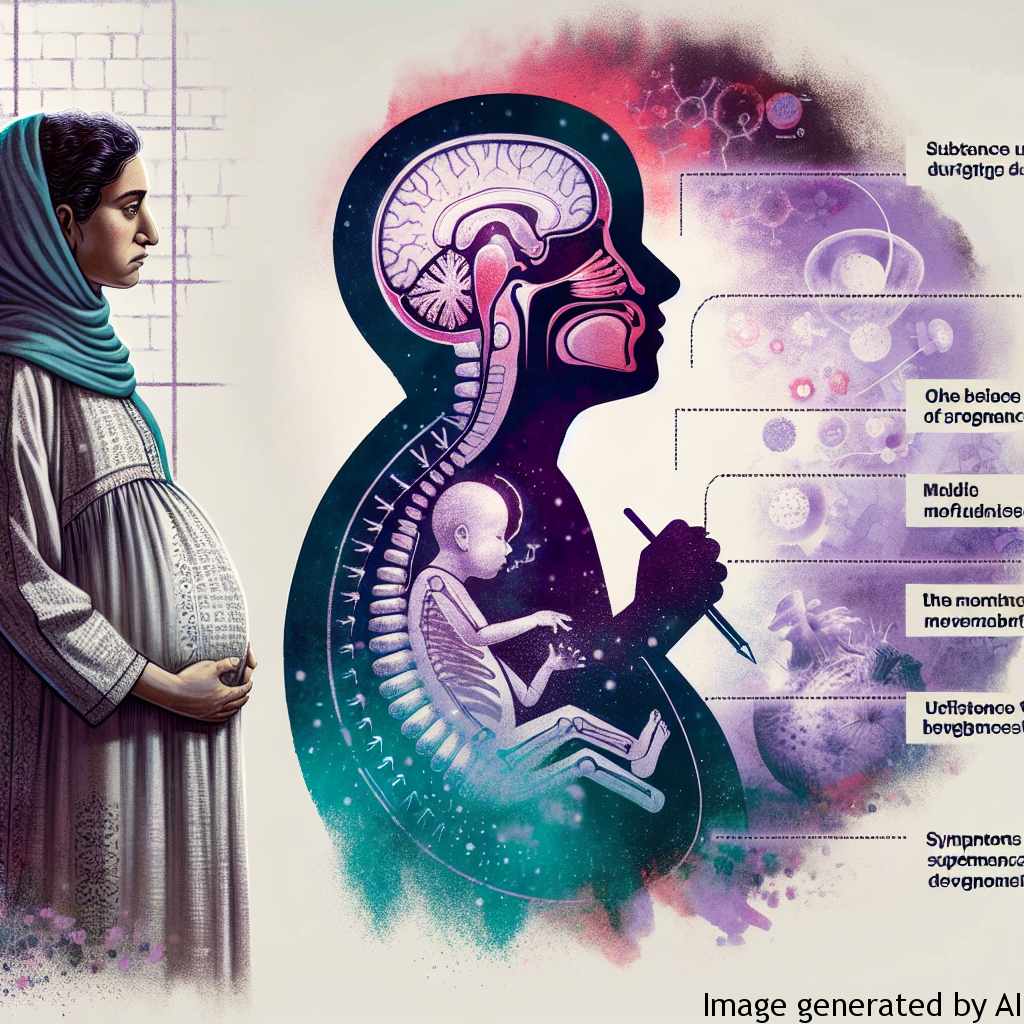Introduction
The consumption of illicit substances during pregnancy has severe implications for both the mother and the child. Drug and alcohol use during pregnancy has been linked to numerous health complications, including preterm labor, low birth weight, birth anomalies, and developmental issues in infants. This article explores the impact of drugs on the fetus during pregnancy, concentrating on the possible short-term and long-term consequences.
The Impact of Substances on the Fetus
Physical Complications
Drug use during pregnancy can lead to a wide range of physical complications. Depending on the specific substance, these might include growth restriction, congenital abnormalities, preterm birth, and neonatal abstinence syndrome. Drugs such as cocaine, narcotics, and methamphetamine can be particularly harmful, causing placental abruption, fetal death, and severe withdrawal symptoms in the newborn.
Developmental Delays and Disorders
Exposure to drugs in utero can also lead to long-term developmental issues. This includes cognitive delays and behavioral problems. Substance-exposed children often have difficulties with attention, memory, and impulse control, factors that can adversely affect their academic performance and social relationships. Furthermore, some studies suggest a link between prenatal drug exposure and higher rates of mental health disorders like ADHD, depression, and anxiety.
Examples Highlighting the Impact of Drug Use During Pregnancy
In an effort to demystify misconceptions, it’s important to note that no amount of drug use during pregnancy is considered safe. For instance, exposure to alcohol during pregnancy can lead to Fetal Alcohol Syndrome, characterized by physical abnormalities, developmental delays, and learning disabilities. Opiate use can result in Neonatal Abstinence Syndrome, where the newborn experiences severe withdrawal symptoms. Moreover, cocaine use during pregnancy has been linked to placental abruption, preterm labor, and severe behavioral problems.
Tips for Avoiding Drug Use During Pregnancy
Ensuring a healthy pregnancy requires the cessation of drug use. While this can be challenging, it can be made easier with the right support. Here are some tips:
- Seek professional help to manage withdrawal symptoms and abstain from drug use.
- Join a support group for additional encouragement and shared experiences.
- Regularly consult with a healthcare provider to monitor the health of both mother and child.
- Avoid environments and social circles that may encourage drug use.
Conclusion
Drug use during pregnancy has severe implications, leading to devastating and sometimes irreversible damage to the fetus and complications for the mother. However, complete abstinence from drugs and alcohol significantly reduces these risks. This responsibility does not solely lie on the mother; it is up to the family, the healthcare providers, and the community as a whole to create a supportive environment for pregnant women to abstain from drug use.

